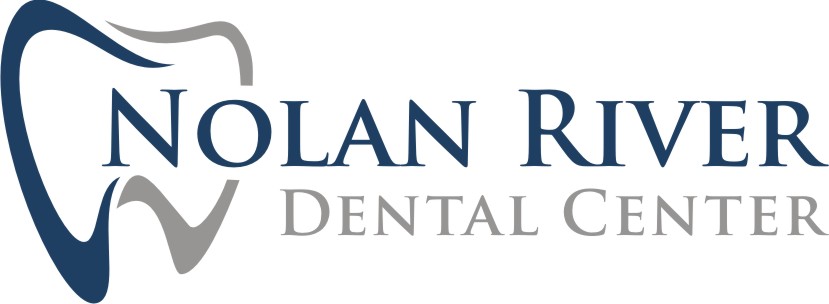
Fluoride as an Oral Health Treatment
Fluoride is a mineral that prevents dental caries (tooth decay). Dental caries in an individual’s teeth create acid and attack tooth enamel. In fact, fluoride can even repair teeth in the early stages of tooth decay. Fluoride is available in two forms: systemic and topical. People apply the topical variety to tooth enamel.
Examples include fluoride treatment at the dentist’s office, mouth rinses and toothpaste. People will swallow systemic fluorides. An example is the fluoridated water that comes out of the tap. Others opt for fluoride supplements. Fluoride in either a topical or systemic manner will greatly reduce dental caries.
Professional Fluoride Treatments
Ideally, a dentist’s office will provide these fluoride treatments. Such fluoride preparations are much stronger than those in mouthwash and toothpaste available in local stores. The application of a fluoride treatment at the dentist’s office will likely take a couple minutes at most. Dentists usually provide the fluoride in the form of a gel, solution, varnish or foam. Dentists often apply the fluoride with a tray, rinse, brush or cotton swab.
The fluoride then remains in the mouth for minutes. After the three minutes are up, the patient needs to refrain from drinking, eating and rinsing the mouth for at least half an hour. This amount of time is necessary to allow the absorption of the fluoride directly into the teeth. It also allows for the repair of microscopic carious sites.
The Frequency of Fluoride Treatments
The frequency of this treatment hinges on one’s oral health status. In some instances, fluoride treatments are ideal every three months. Other patients will benefit from fluoride treatments every six months or once per year. The dentist might also recommend other preventive measures if the patient faces a moderate or high risk for the development of caries. Such measures can include fluoridated mouth rinses, gels or other prescription therapeutic products.
Are Fluoride Treatments Appropriate for Patients of all Ages?
In most instances, fluoride treatments are reduced in frequency or completely end when the patient reaches age 14. However, this is primarily due to the fact that 14 is the age when insurance companies no longer cover the cost of topical fluoride treatments. The truth is fluoride treatments are effective for patients of all ages.
Fluoride is capable of bonding to the structure of teeth similar to calcium. It is a hard substance that fortifies tooth strength. Adults are in need of strong teeth just as much as kids and teenagers. This is especially true for adults with multiple crowns, sites of tooth erosion, leaky margins and damaged teeth that have exposed dentin.
Fluoride treatment will make these sites that much stronger and resistant to damage/decay. Fluoride treatment will also make these areas less sensitive.
Related Posts
Preventive Dentistry: How Important Is Flossing?
Preventive dentistry focuses on the prevention and early detection of oral health concerns to help ensure they do not develop or progress to a more severe stage that is harder to treat. …
A Dentist Explains How Preventive Dentistry Can Avoid Cavities
Preventative dentistry is a branch that focuses primarily on keeping dental issues at bay. Preventing dental issues is cheaper than treating them, and you do not have to deal with the …
Preventive Dentistry Tips to Know About Tooth Enamel
Almost everyone understands the importance behind brushing your teeth and the role tooth enamel plays in preventative dentistry and maintaining dental health.However, many underestimate the unique quality that enamel has and …
Packing Your Lunch: 5 Foods That Help Keep Your Teeth Healthy
More people are packing their lunches at home to take to work. To help save money, this cost-saving habit can be great on the wallet. However, it also allows for more control over the type …


